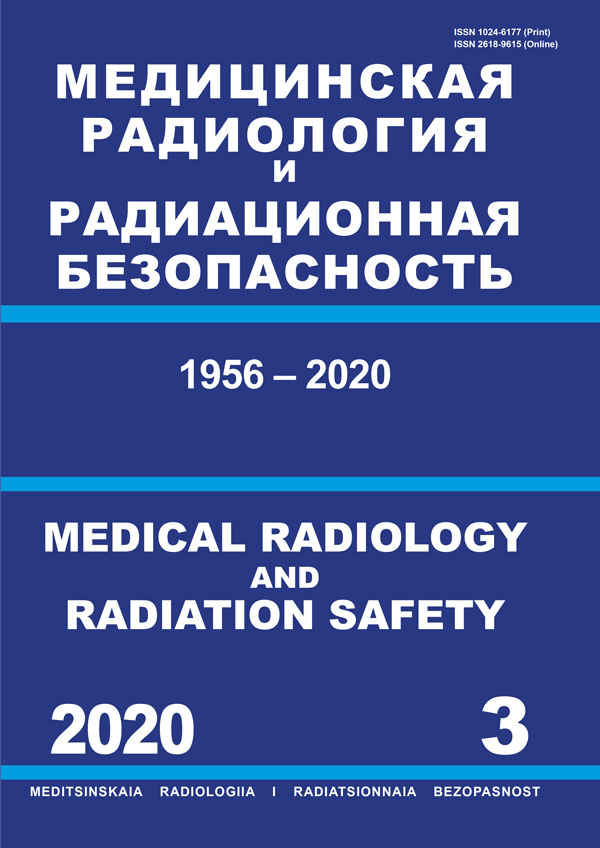Russian Federation
CSCSTI 34.17
CSCSTI 34.49
Purpose: The prospects and scale of the further development of nuclear energy depend to a large extent on the solution of the radioactive waste management (RW) problem. Special attention is given to management of the liquid radioactive waste (LRW), which poses the main potential hazard to the public and the environment, since LRW storage can lead to leaks into the environment. The purpose of the paper is to examine the radiological aspects of LRW management from nuclear power plants (NPPs) operation and to study the influence of the list of radionuclides controlled in RW on the evaluation of the efficiency of LRW treatment technology and on the validity of radioactive waste characterization and classification. Material and methods: The work is based on analysis of public materials (scientific publications, legal documents, international standards, recommendations of international organizations) in the area of LRW treatment and conditioning technologies, and methods of radioactive waste characterization, including information about accepted lists of controlled radionuclides. Results: It is shown that an unreasonable reduction of the list of controlled radionuclides can lead to a significant underestimation of the radiological hazard of RW packages transferred for disposal. In order to optimize the volume of RW radiation control, the radionuclide vector technology was proposed. It is stated that the technology is not universal and its application in each specific case requires additional justification. It is shown that the correctness of accounting for the radiological characteristics of radioactive waste can significantly influence the evaluation of the efficiency of the radioactive waste treatment technology. A possible approach to determining the acceptability of LRW treatment technology based on the characteristics of the final products formed is suggested. Conclusions: There is no universal approach to solve the problems of LRW treatment at the moment. A survey of the characteristics of LRW (chemical, physical, radiation) accumulated and formed during the operation of NPP with various types of reactors (VVER, RBMK, BN) should be performed to determine the initial requirements for LRW treatment technologies. A comprehensive analysis of the efficiency of LRW treatment technologies at all Russian NPPs is of interest with taking into account radionuclides that determine the radiological hazard of radioactive waste after the final disposal.
radioactive waste, liquid radioactive waste, nuclear power plant, radionuclide, radiological hazard, treatment technologies, selective sorption
Проблема обращения с радиоактивными отходами
(РАО) находится в центре внимания специалистов, по-
литиков и общественности, поскольку от ее решения во
многом зависят перспективы и масштабы дальнейше-
го развития атомной энергетики и промышленности.
Особое внимание при этом уделяется проблеме обра-
щения с жидкими радиоактивными отходами (ЖРО),
представляющими главную потенциальную опасность
для населения и окружающей среды, поскольку хране-
ние ЖРО потенциально может приводить к утечкам в
окружающую среду (как это имело место в 1985 г. на
Нововоронежской АС).





